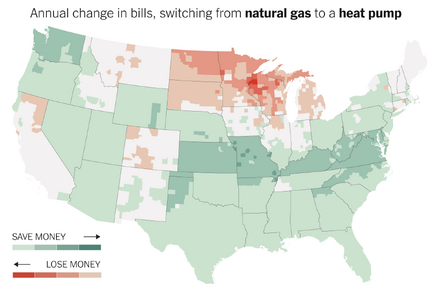The Trump administration has enacted new regulations that significantly expand the scope of the U.S. Commerce Department’s Entity List, aiming to tighten control over global technology flows by explicitly covering subsidiaries of designated companies. The move is designed to prevent entities from circumventing existing U.S. export restrictions through affiliated companies not directly named on the list.
The updated rules clarify that any foreign subsidiary that is majority-owned or controlled by an entity already placed on the Commerce Department’s Entity List, or that acts as an agent or front for such an entity, will now automatically fall under the same stringent export control restrictions. This change effectively broadens the “global technology net” by ensuring that the restrictions apply beyond the parent company to its entire corporate structure worldwide.
The Entity List and Its Purpose
The Entity List is a powerful tool utilized by the U.S. Commerce Department to identify foreign entities that are subject to specific license requirements for the export, re-export, or in-country transfer of certain items. Designations are typically made on the basis of national security or foreign policy concerns. In recent years, the list has been prominently used to target Chinese technology giants, restricting their access to U.S.-origin technology, software, and other components.
Previously, concerns had been raised that some designated companies could establish or leverage unlisted subsidiaries in various countries to continue acquiring sensitive technologies or components, thereby undermining the intent of the original restrictions. The new rule directly addresses these perceived loopholes.
Closing Loopholes and Ensuring Compliance
Officials within the Commerce Department stated that the measure was necessary to ensure the integrity and effectiveness of U.S. export control regulations. The administration has frequently emphasized the importance of safeguarding American technological leadership and preventing sensitive innovations from being used in ways that could compromise U.S. national security.
“This rule change is a critical step in fortifying our national security framework and preventing foreign adversaries from exploiting legal ambiguities to gain access to American innovation,” a Commerce Department spokesperson indicated, underscoring the administration’s commitment to robust export controls.
The expanded definition requires U.S. and foreign companies to conduct more rigorous due diligence when engaging with entities globally, ensuring they are not indirectly aiding a company already on the Entity List through its subsidiaries or affiliates. This could particularly impact sectors such as semiconductors, artificial intelligence, and advanced manufacturing, where global supply chains are deeply interconnected.
Industry Impact and International Reaction
The broadened scope is anticipated to introduce new complexities for international businesses, compelling them to meticulously map out corporate structures and ownership ties of their partners. Industry analysts have suggested that while the move is intended to enhance security, it could also lead to increased compliance costs and potential disruptions for companies operating in intricate global supply chains.
The extraterritorial application of U.S. law often draws criticism from foreign governments, who may view such measures as overreaching. This latest expansion is expected to elicit strong reactions from countries whose technology sectors frequently interact with U.S.-origin goods and services, particularly those in competition with the United States in strategic industries.
The administration’s latest action signals a continued effort to exert U.S. regulatory power on a global scale, specifically targeting the technological domain, and reaffirms a strategy of using economic tools to address national security concerns.
Source: Read the original article here.





